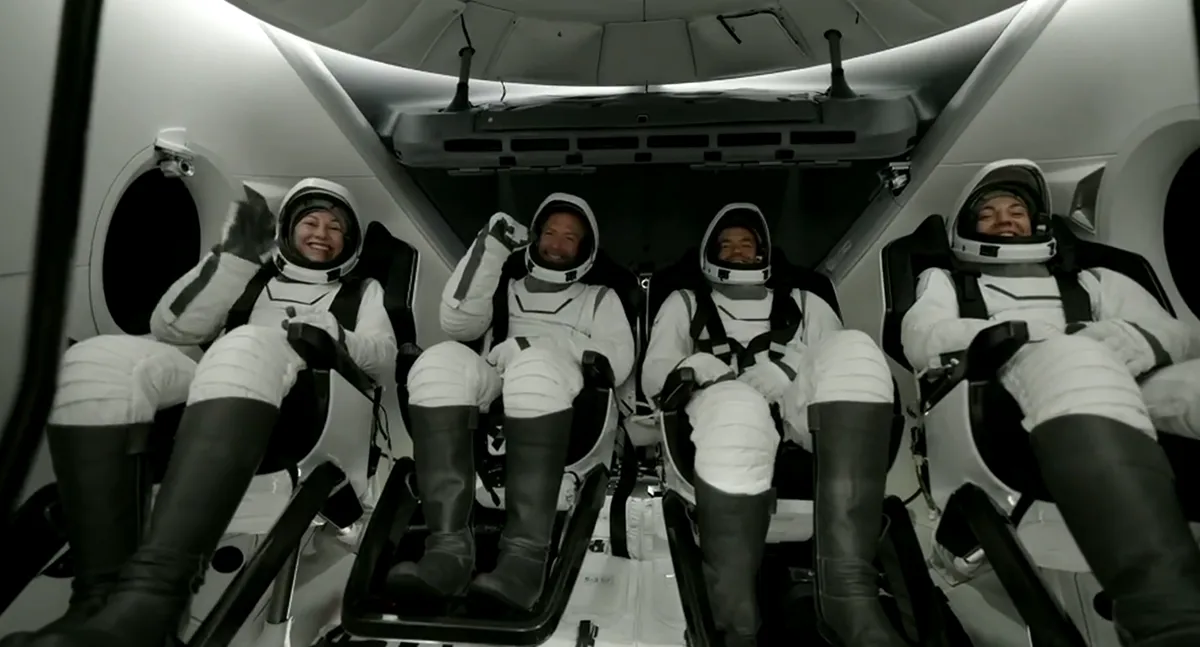
Polaris Crew Returns Safely, Marking a Historic Milestone for Private Space Missions
The Polaris crew has returned safely to Earth, completing a groundbreaking mission that highlights the potential of privately funded space exploration. The team, consisting of amateur astronauts Sarah Mitchell, Jason Reed, and Dr. Emily Lawson, spent 12 days in space aboard the Polaris spacecraft, orbiting Earth and conducting scientific experiments designed to push the boundaries of human exploration.
The mission, led by billionaire entrepreneur and space visionary Richard Hawke, marks a major achievement for private space ventures. Unlike government-led missions by agencies such as NASA, the Polaris mission was entirely privately funded and operated by Hawke's company, Polaris Space Ventures. This achievement showcases the incredible progress that private initiatives are making in the space industry.
Mitchell, a pilot by profession, Reed, an engineer, and Dr. Lawson, a medical researcher, underwent months of rigorous training before embarking on this historic journey. None of the crew members were professional astronauts, making their safe return all the more impressive. During their time in space, they conducted a variety of experiments on human health in microgravity, as well as tests of new technology designed to improve future space travel.
“This mission proves that with the right vision, determination, and skill, even everyday people can reach the stars,” said Hawke. “The success of the Polaris mission is a testament to the incredible capabilities of private space exploration, and it’s only the beginning.”
The safe return of the Polaris crew signals a shift in the space industry, where private companies are increasingly stepping into roles traditionally dominated by government agencies. Their success shows that space is not just the domain of national agencies like NASA or the European Space Agency (ESA), but a frontier that can be explored by visionary entrepreneurs and talented, skilled individuals.
The mission's success reinforces the importance of space exploration for the future of humanity. Reaching for the stars, literally, is no longer an unattainable dream for private citizens. It represents an important step in making space more accessible and expanding the reach of exploration for all.
Sarah Mitchell, reflecting on the mission, said, “It’s hard to put into words what it felt like up there. But what’s most important is what this means for the future. We proved that anyone with the right training and the drive to explore can achieve things once thought impossible.”
With private ventures like Polaris paving the way, the future of space exploration looks bright. These missions are not only advancing technology but also inspiring future generations to dream big and push beyond the limits of human knowledge.
Stichworte
Quellen







